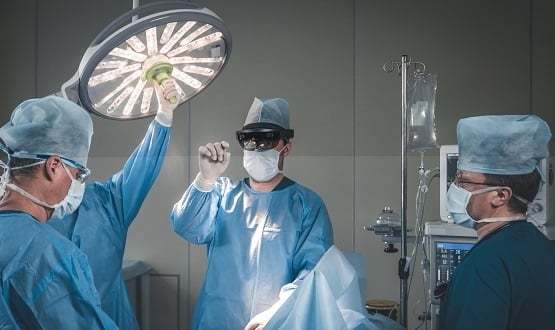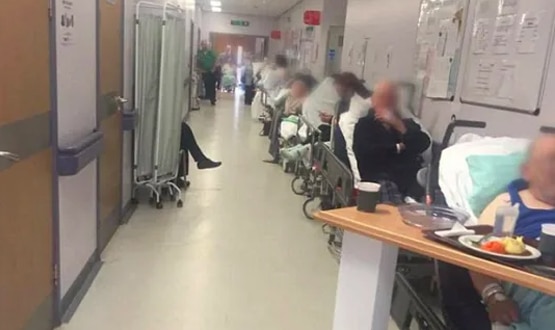Morecambe Bay completes Furness pilot
- 24 June 2009
University Hospitals of Morecambe Bay NHS Trust has completed its roll-out of Lorenzo on a final pilot ward at Furness General Hospital.
Ward Two, which went live on Monday, was the third ward to go live with the iSoft system at the early adopter site.
Steve Fairclough, the trust’s head of health informatics, told E-Health Insider that the orthopaedic ward plus three additional departments – including the patient progression unit, elective orthopaedic unit and discharge unit – went live simultaneously.
“We are taking all the departments as one even though they are scattered across the hospital because of the workflow and processes involved,” he said during an EHI visit to Furness General.
“This means that all surgery wards excluding paediatrics and day surgery are now live with Lorenzo. We are also using a system in pre-assessment clinics to support elective surgery, so we are definitely growing.
“We’ve now got the building blocks in place and all the staff trained to switch on that final component, with our key objective being that we get a critical mass across surgery on this site.”
Morecambe Bay was the first acute trust to use the Lorenzo. After significant delays, it finally went live with one ward in October 2008.
Since January, the trust has been using a ‘hard landing’ as opposed to the ‘soft landing’ approach it initially adopted, in which a paper-based procedure was run alongside the electronic documents produced by Lorenzo.
At the end of April, Fairclough told EHI that two more wards would be going live, before Lorenzo was rolled out at the Royal Lancaster Infirmary, which is also run by his trust.
The go-live at Lancaster will continue on hold until the informatics team are convinced that Lorenzo is ready to be taken to a new environment.
Fairclough continued: “We now have enough scope to show the benefits of Lorenzo in different areas. We expect to run the scope for six to eight weeks in the third ward, so we can learn lessons, possibly reengineer and decide whether the time is right to move to Lancaster.”
The roll-out at Lancaster will focus on medical wards, which Fairclough believes will be “cracked much quicker.”
He said: “At the moment it’s like having the first walky talky; it works but you haven’t got anyone to talk to. That’s especially the case in surgery, where you have built a patient record but nobody gets to look at it because patients in these wards generally don’t come back.
"With medicine there are a lot more frequent flyers so we feel we will really see the benefits of the system.”
Fairclough admitted that the team was “frustrated” by how slowly the roll-out was progressing and that it was looking into the reasons behind it.
But he said: “We are even more frustrated that the NHS has not stepped up to the plate in terms of deployment.
“There is so much action needed around deployment and frankly the NHS is wasting the taxpayers money by not stepping up. Lorenzo does what it says on the tin and people need to realise that.”




